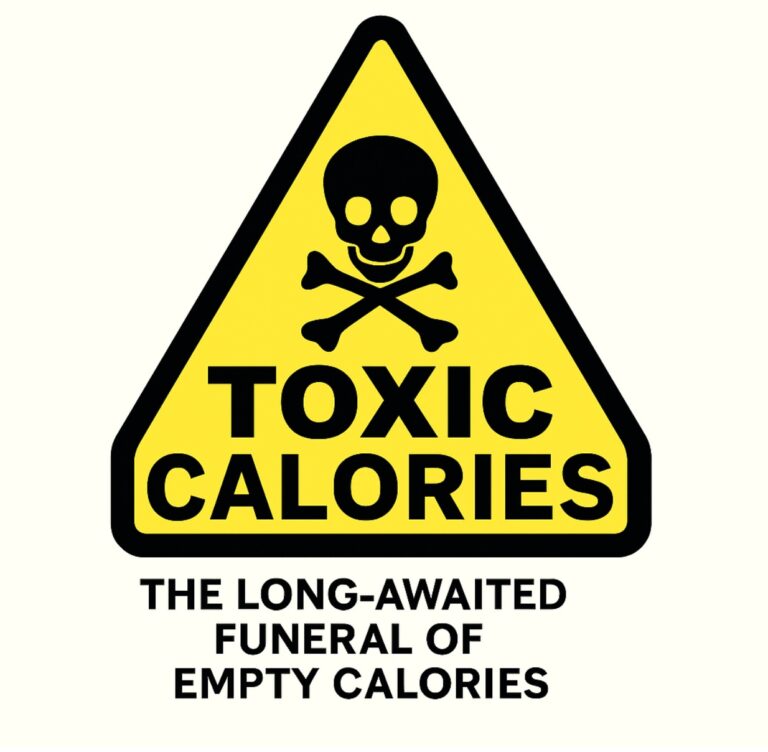By Mike, The SugarFreeMan
Founder of SugarDetox.com and the 30-Day Sugar Freedom Challenge
Most people don’t binge on broccoli.
Or kale. Or plain chicken breast.
And that alone should tell you something about what binge eating really is – and what it isn’t.
After 35+ years sugar-free, and after helping thousands of people detox, I’ve come to see binge eating through a very different lens than what most diets or health gurus will tell you.
Yes, there are behavioral patterns and emotional triggers. But for so many of us, the truth runs deeper.
It’s not just about willpower. It’s about brain chemistry.

Featured Snippet Summary:
Binge eating is often driven by the addictive, mood-altering effects of sugar, not just emotional triggers or lack of willpower. Removing sugar can rapidly reduce or eliminate binge episodes.
This article was review by Dr. Camela McGrath, MD, FACOG. Find more about her here
The Addiction Nobody Talks About
I don’t approach sugar from a typical “eat clean, live lean” perspective.
My worldview is rooted in addiction recovery – not just nutrition. And from that perspective, sugar behaves less like a food… and more like a drug.
It lights up the same parts of the brain as alcohol, cocaine, and opioids. It soothes. It numbs. It distracts.
It gives you just enough relief to get through the next few minutes.
That’s why people binge.
Not because they “can’t control themselves,” but because sugar gives them a way – even if temporary – to not think, not feel, not be in pain.
And when you’ve trained your brain over and over that sugar = comfort, bingeing becomes less of a choice and more of a reflex.
What a Sugar Binge Actually Looks Like
If you’ve ever binged, you know it’s not just about food.
It’s the mental build-up.
The hiding.
The self-loathing.
The planning.
The regret.
“I’ll just have a bite…”
“I’ve already blown it, might as well finish the box…”
“Tomorrow I’ll start fresh…”
A sugar binge isn’t about hunger. It’s about escape.
It’s a short-term fix for long-term feelings you haven’t learned how to sit with yet.
And for many people, it’s unconscious. You don’t even realize what’s happening until you’re knee-deep in wrappers or shame.
So… Why Do Binges Stop When Sugar Is Removed?

I’m not a doctor – and I always say that upfront for your safety and mine.
But I’ve worked with thousands of people who struggle with binge eating, emotional eating, and full-blown sugar addiction. And the one thing I see over and over again is this:
When sugar goes, the bingeing often goes with it.
Sometimes it’s instant.
Sometimes it takes a few weeks.
But the shift is real – and fast.
Because once your brain isn’t constantly flooded with sugar’s dopamine spikes, the cravings don’t scream so loud. Your emotional volume turns down.
And suddenly, you have space to deal with the real stuff underneath – without reaching for your old fix.
Ready to See What Life Without Sugar Feels Like?
I’m not here to tell you what to do. But I am here to ask a question:
What do you have to lose by trying a few days, or even a few weeks, sugar-free?
What would it feel like to go 7 days without a binge?
What would it feel like to stop planning your next hit in the pantry?
If you’re ready to find out, our 30-Day Sugar Detox Challenge is designed to guide you through every step.
You’ll learn exactly what to eat, how to navigate cravings, and how to rebuild your relationship with food – all without shame or guesswork.
Join the Challenge here
Sylvia’s Story: 1,000 Hours Without a Binge
I could talk all day about what’s possible when you quit sugar.
But sometimes it’s more powerful to hear from someone who’s living it.
Here’s what Sylvia shared in our private community just a few days ago:
“By the end of today, I’ll be 6 weeks free.
More than 1,000 hours where I haven’t…
- Binged
- Secretly planned what I could eat
- Tried to sneak food without my kids noticing
- Eaten fast food
- Gone to events obsessing over what I’d eat
- Eaten until I felt sick
- Cried with shame and guilt
1,000 hours where food hasn’t been the highlight of my day or the solution to everything.
“I want to cry with happiness that I’ve made it this far.
I NEVER could’ve done it without this group.”

If you’re ready for your first 24 hours – or your first 1,000 – I want to invite you to join us too.
Start the 30-Day Challenge Today
We’ll walk through it together.
Final Thoughts: You’re Not Broken
If you’ve struggled with bingeing, I want you to hear this loud and clear:
You are not broken.
You’re not weak.
You’re not lazy.
You’re not “addicted to food” in some vague way that can’t be helped.
You’re likely stuck in a pattern that’s been fueled – and kept alive – by sugar.
And there’s a path out.
You don’t have to do it perfectly.
You just have to start.
FAQ: Sugar and Binge Eating
Q1: Can sugar really be addictive like drugs or alcohol?
Yes. Studies show that sugar can activate the brain’s reward system similarly to addictive substances. It spikes dopamine, which reinforces the habit loop.
Q2: Is binge eating always caused by sugar?
Not always – but sugar is often a major trigger. Many people notice their binge episodes stop or drastically reduce once they remove sugar.
Q3: How long does it take for sugar cravings to stop?
Most people feel a noticeable reduction in cravings within 7–14 days, though this varies. Joining a structured program helps shorten that window.
Q4: I’ve tried quitting sugar before and failed. What should I do differently?
Try removing sugar as part of a guided process with emotional and community support – not just willpower. That’s what the 30-Day Challenge is designed for.
Q5: What’s the difference between emotional eating and sugar addiction?
Emotional eating is often triggered by feelings. Sugar addiction involves both emotional and biological dependencies – including withdrawal symptoms and cravings.
Q6: Do I need to cut out all sugar forever?
Not necessarily. But removing it for 30 days can reset your brain and body – and give you clarity about what role sugar has been playing in your life.





